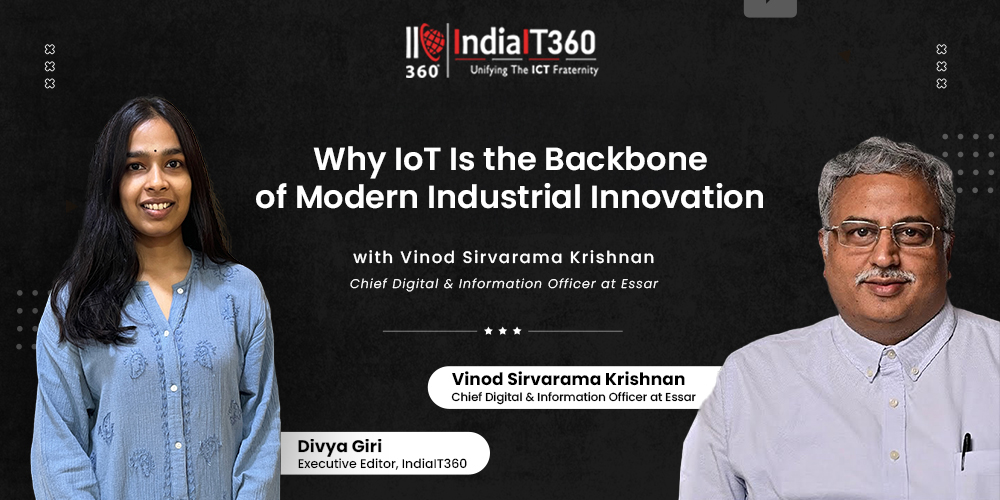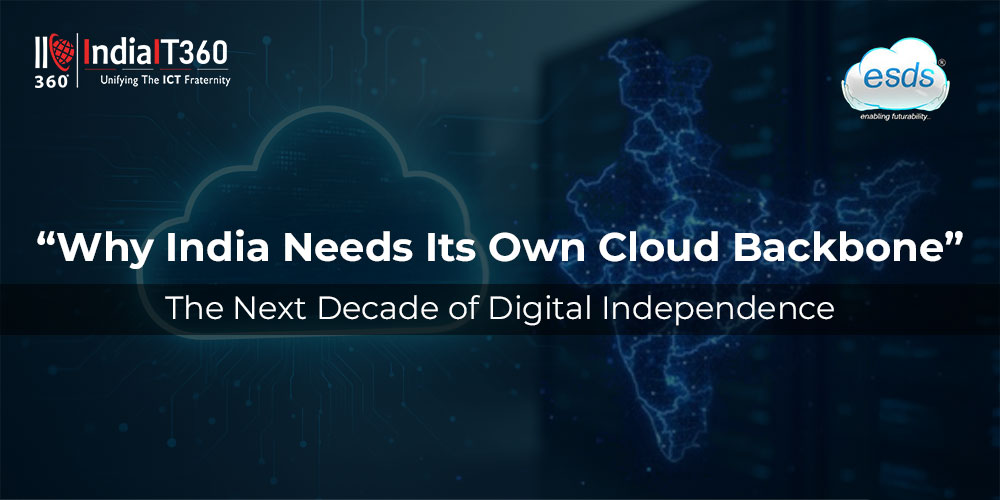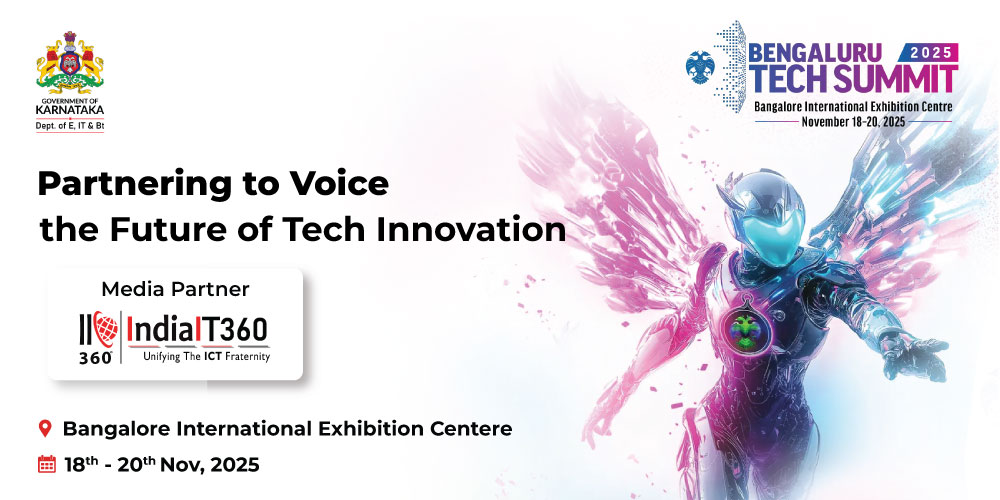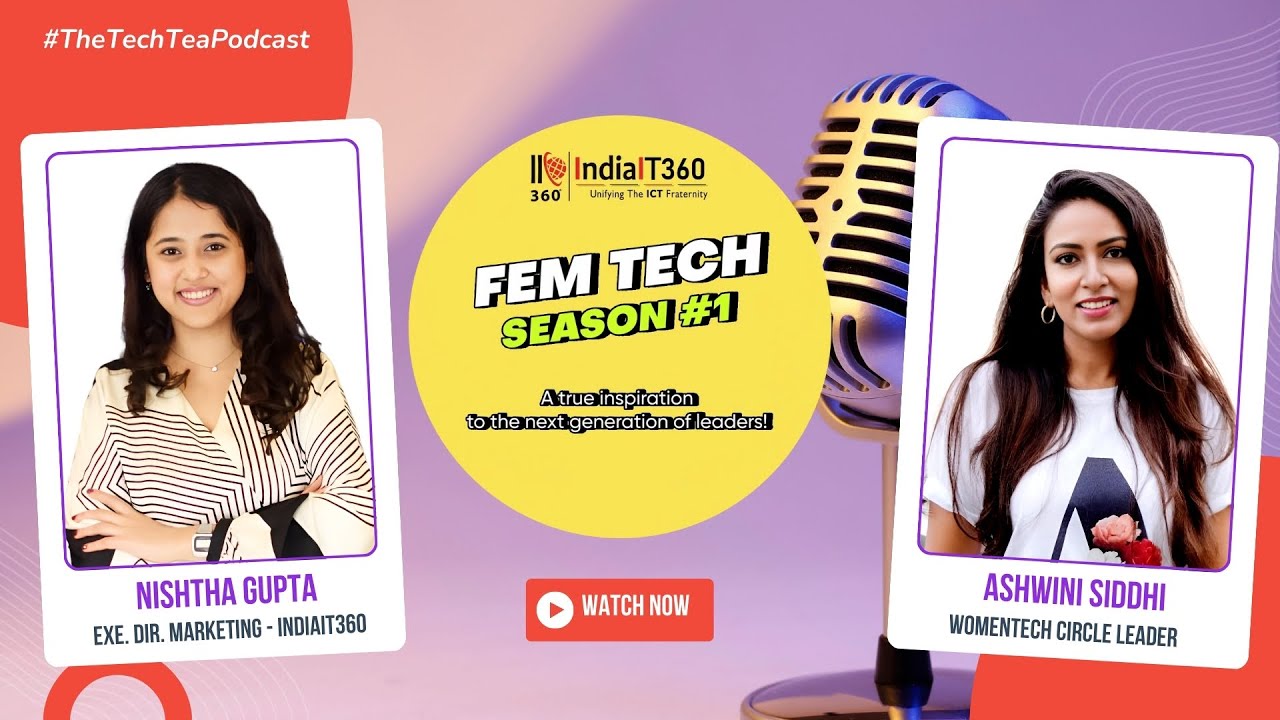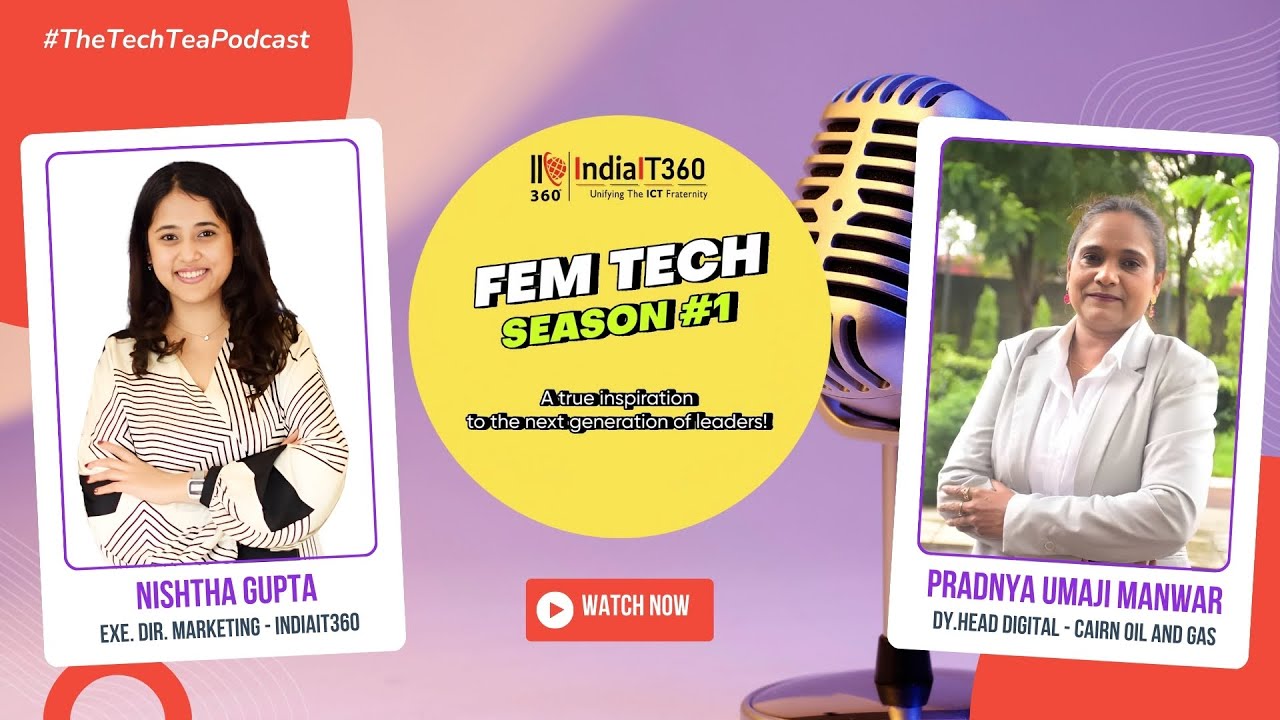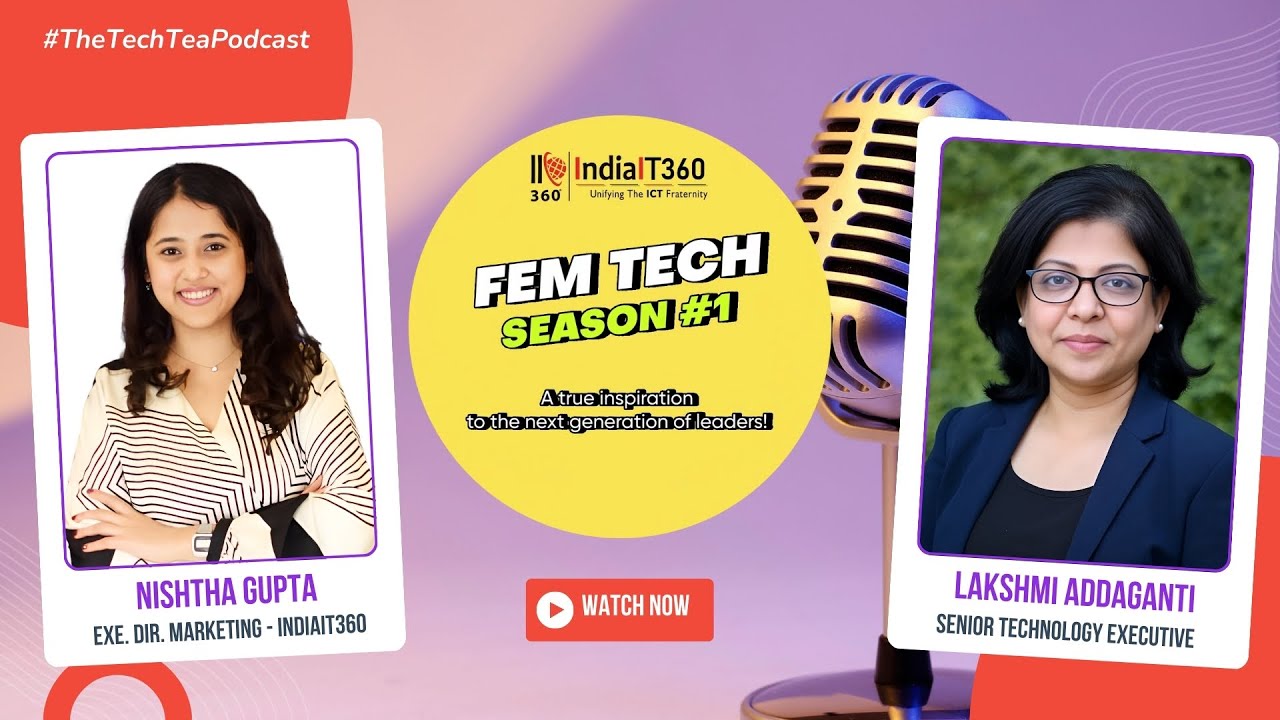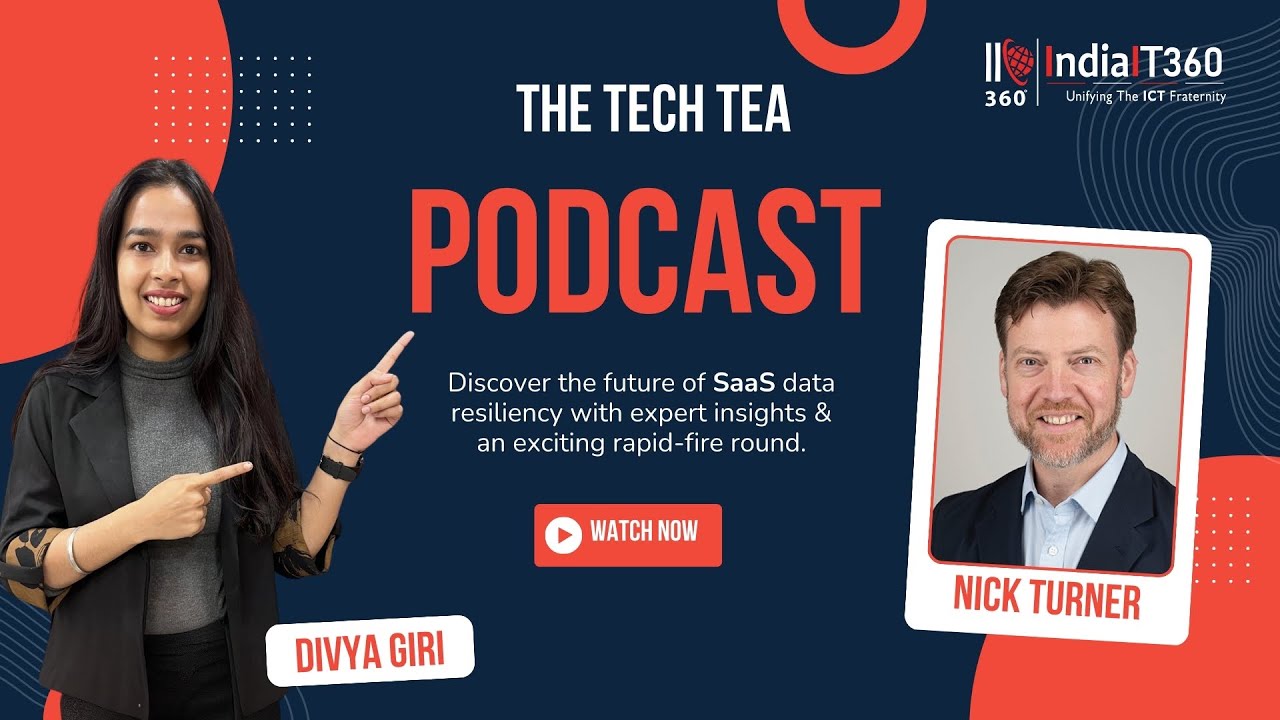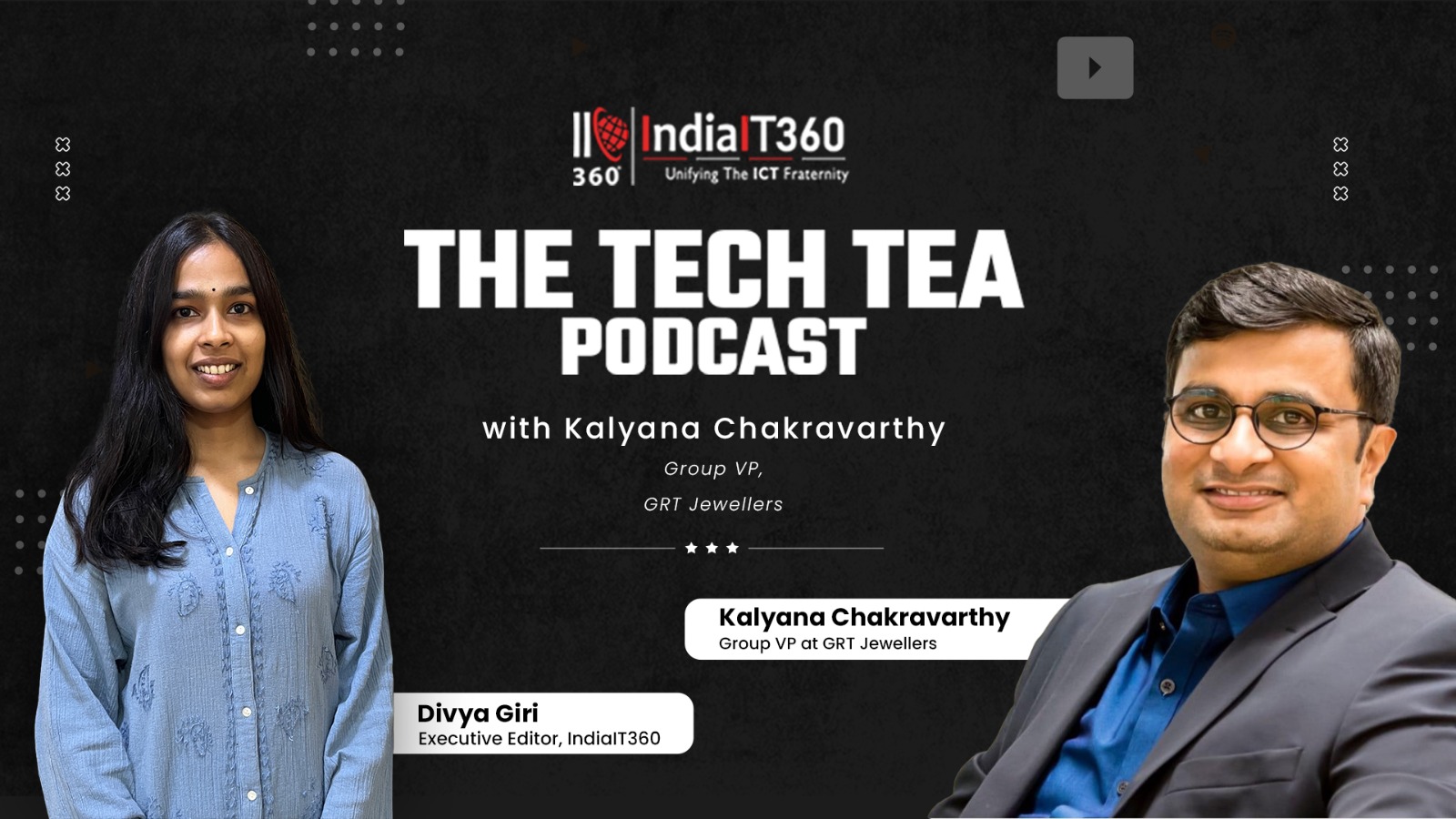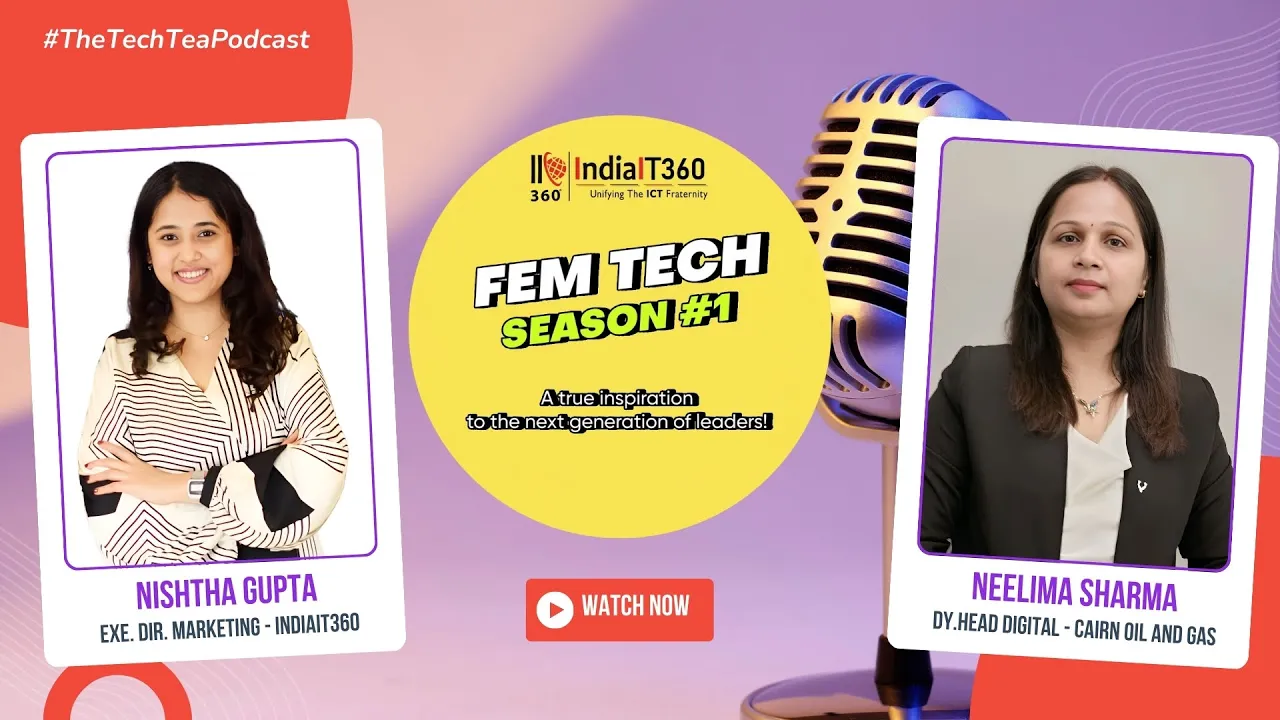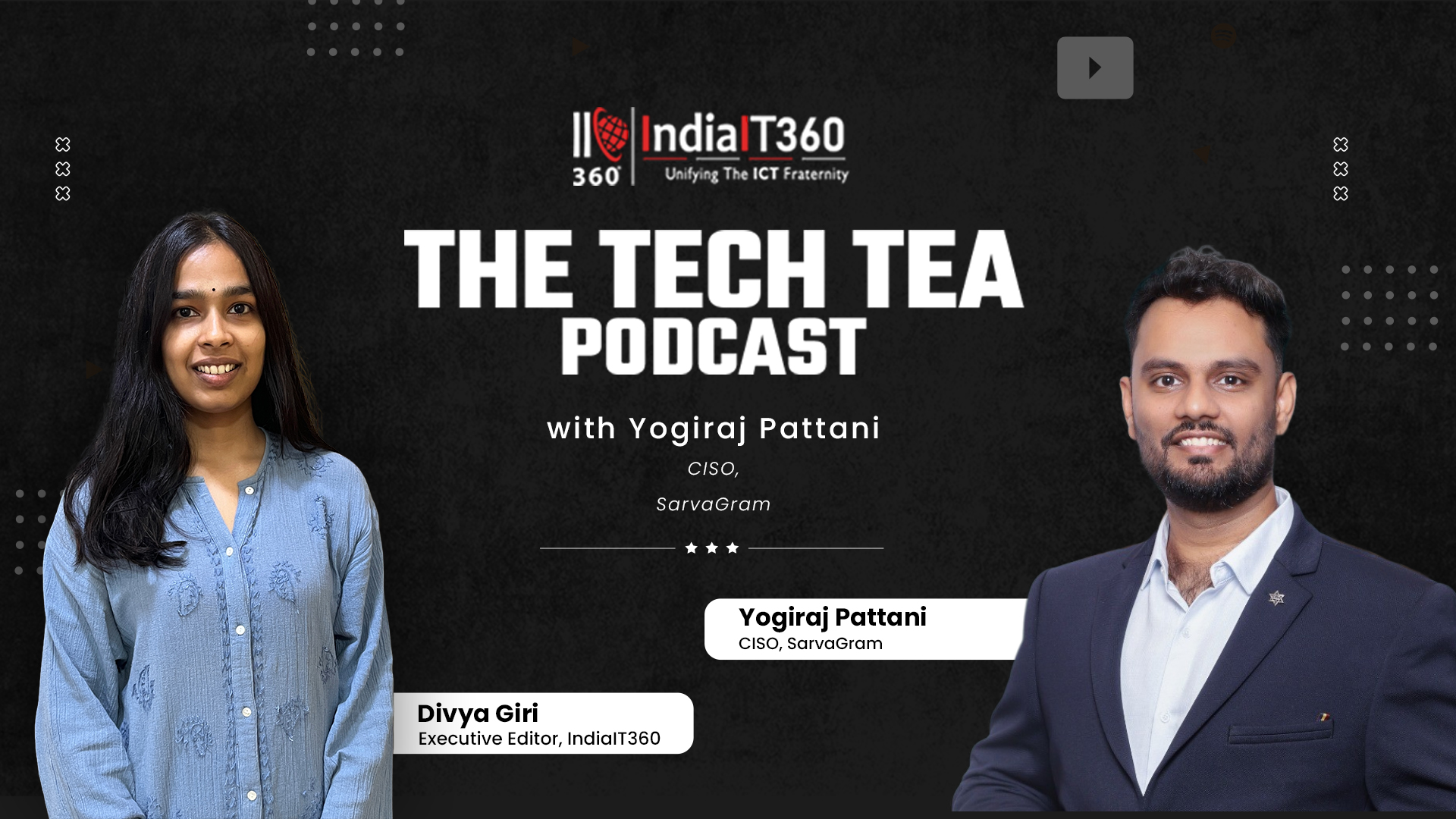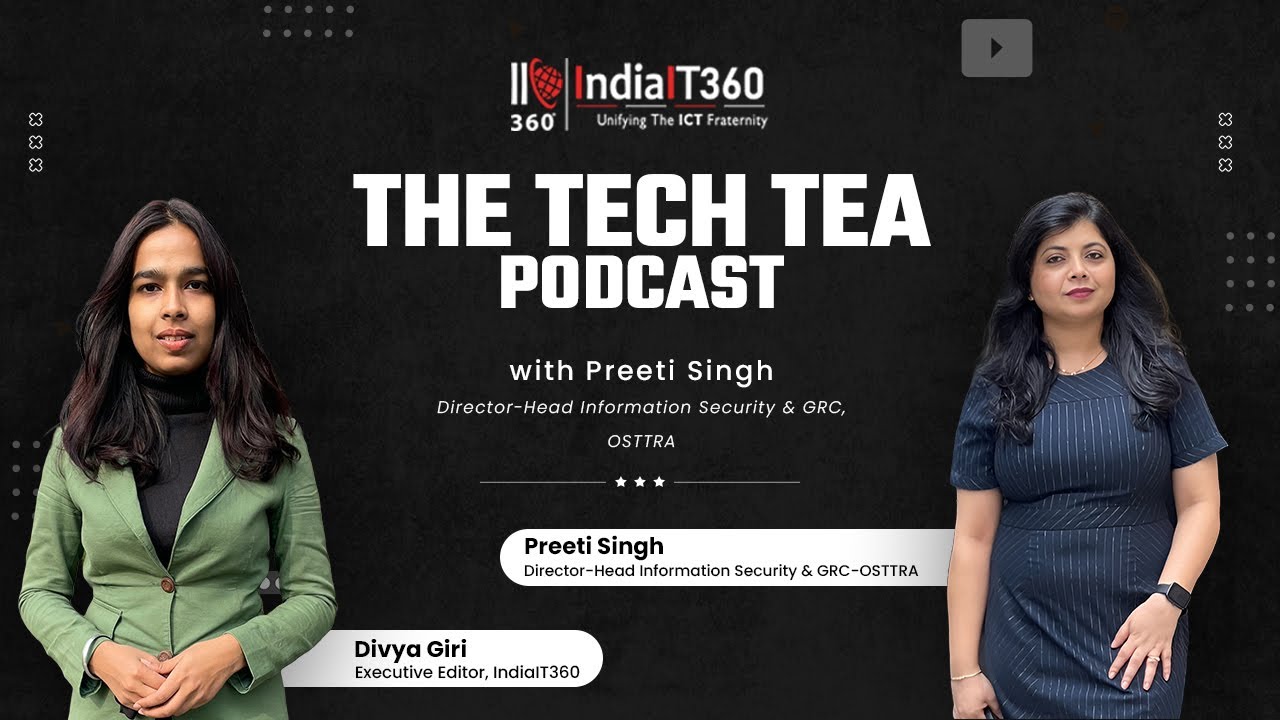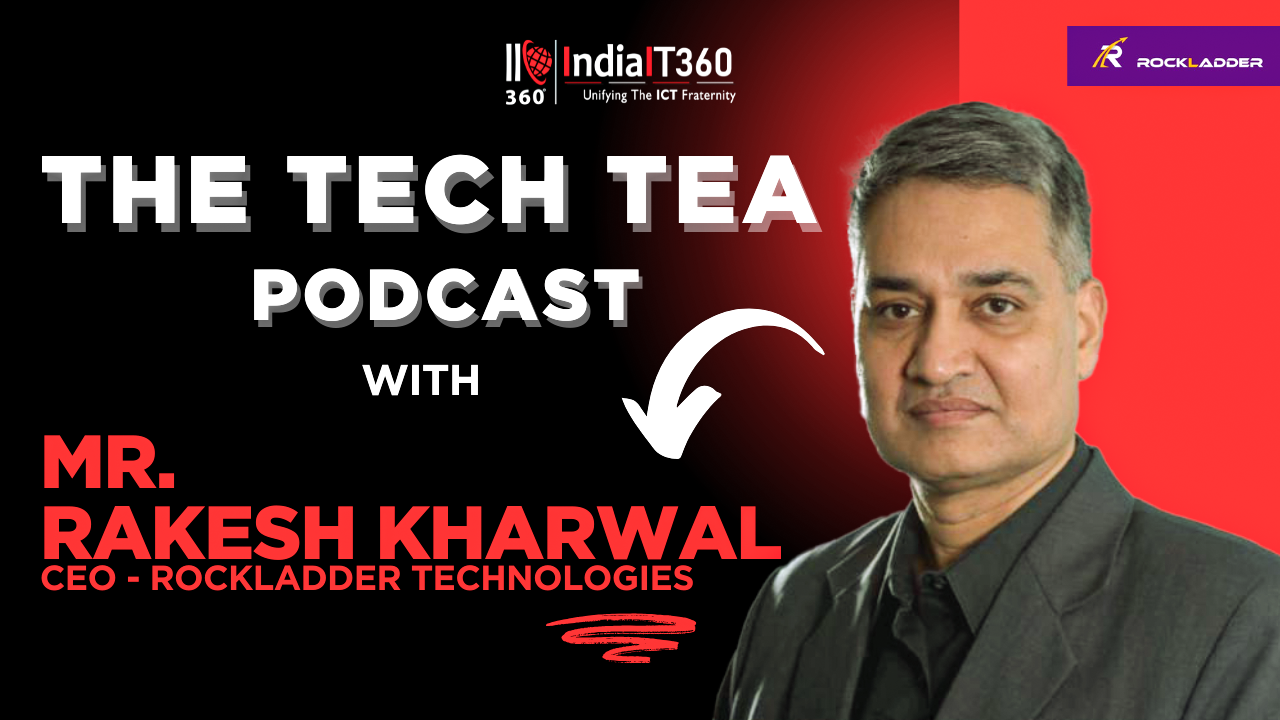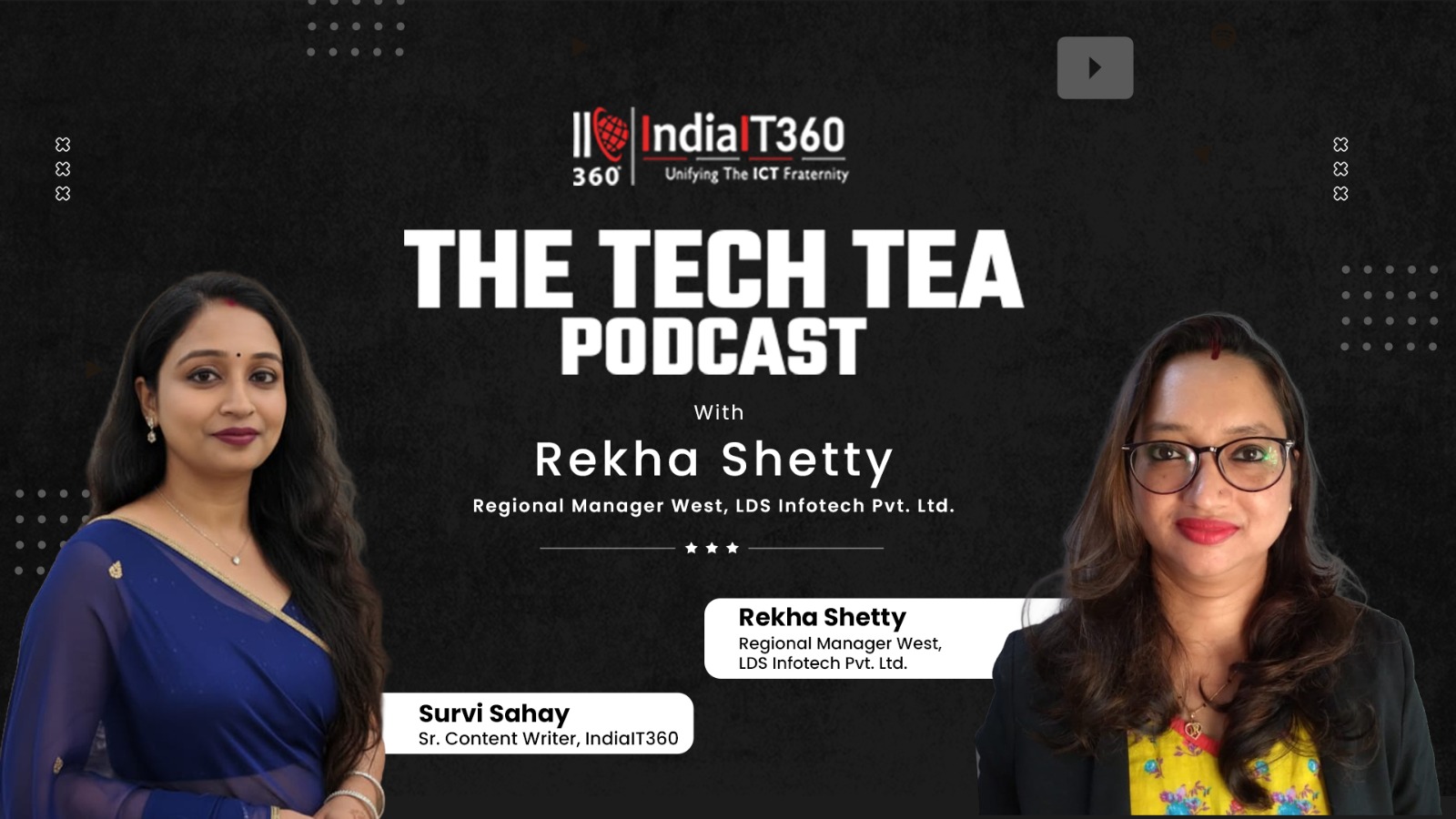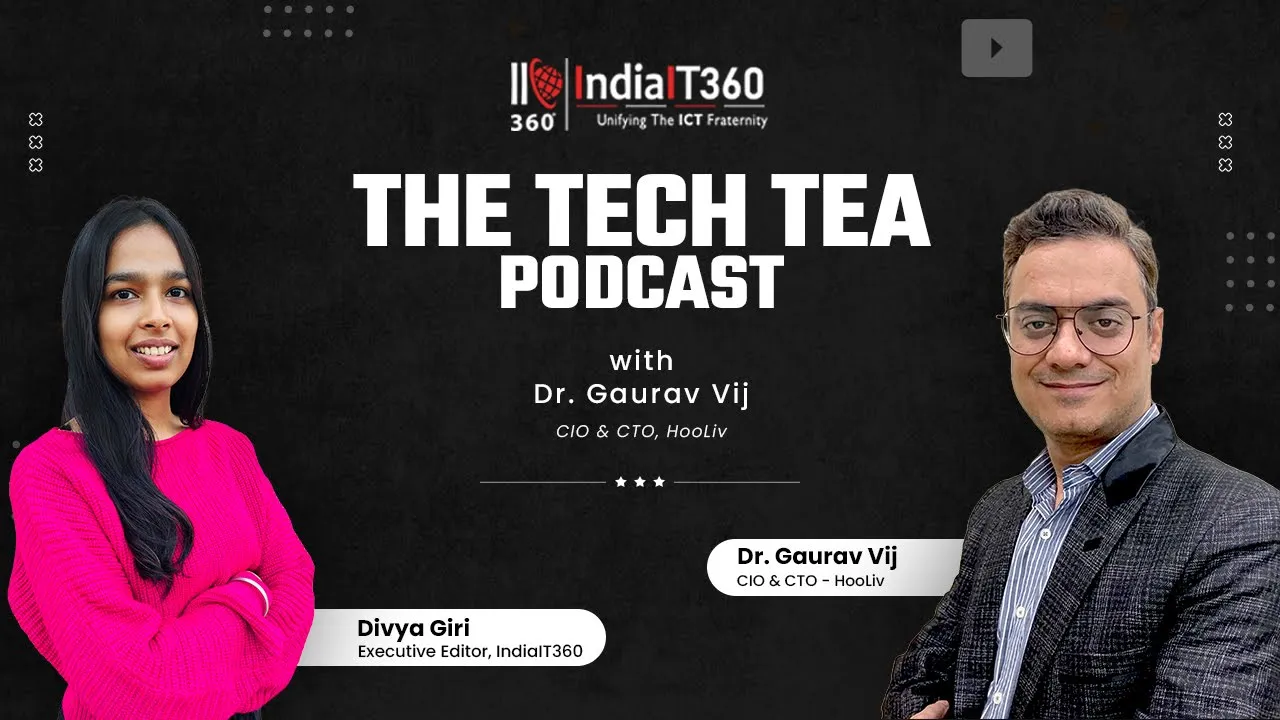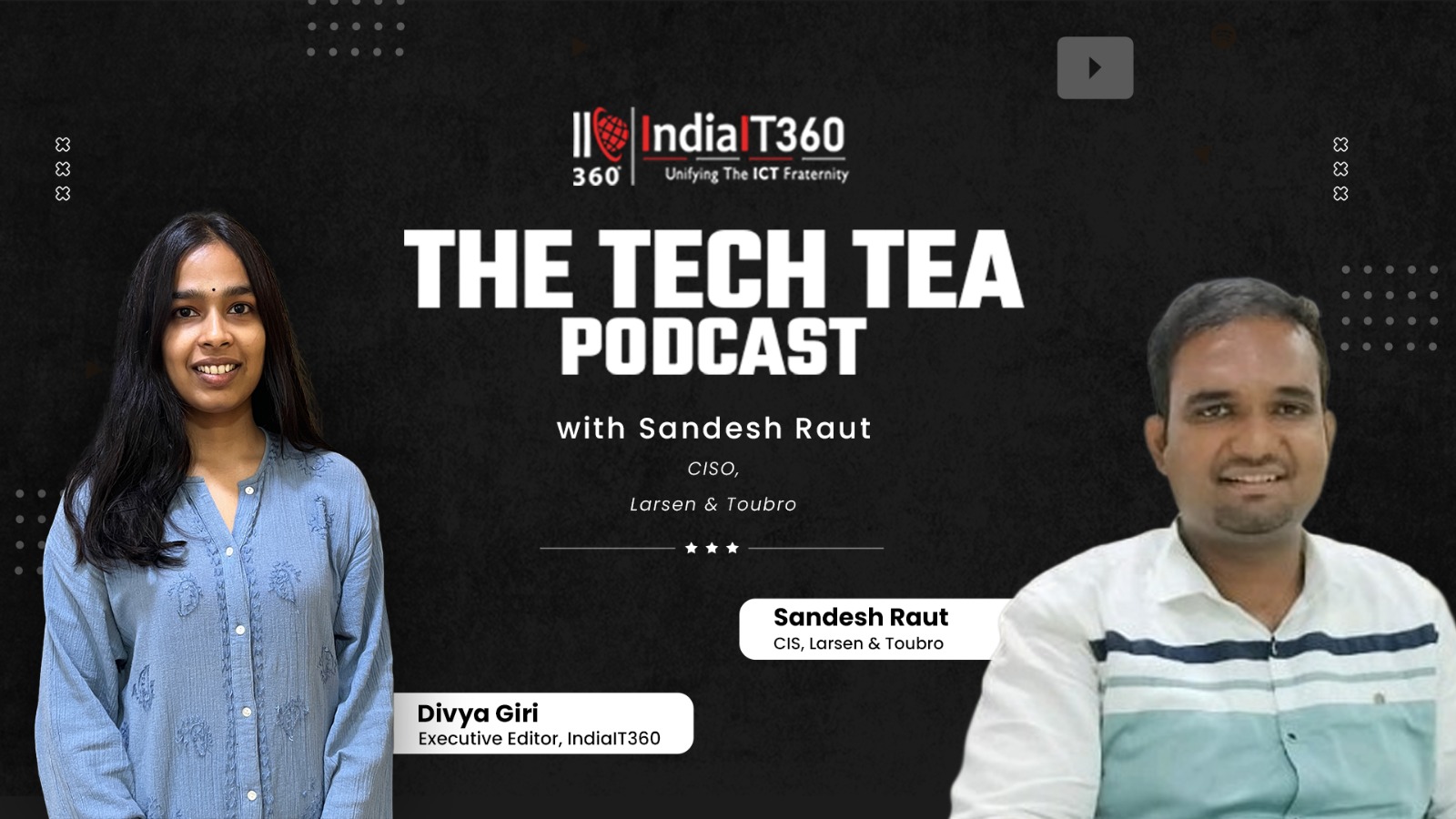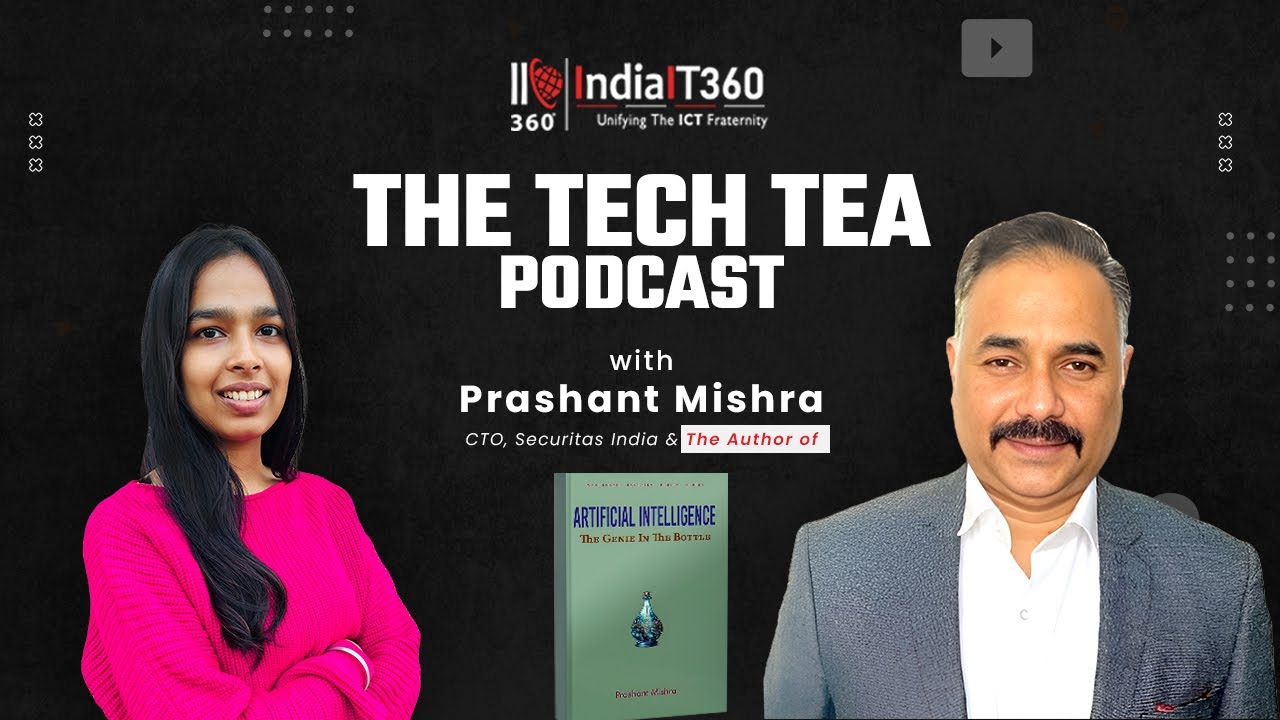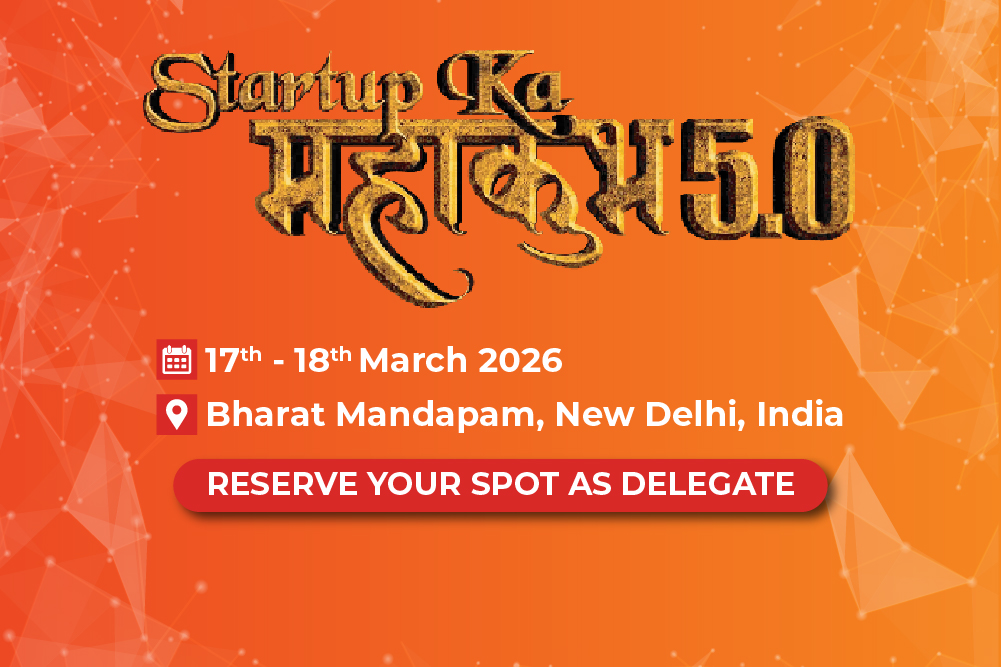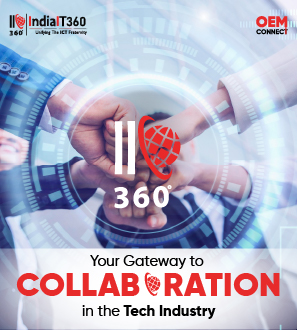Leaders Tech Talk: Balancing Sustainability and Profitability Through Technology
Let's Get Expert Advice on Why IoT Is the Backbone of Modern Industrial Innovation
As industries undergo rapid digital transformation, one technology is quietly yet powerfully redefining operations across the board: the Internet of Things (IoT). Once seen as futuristic, IoT is now the intelligent backbone behind connected factories, automated logistics, predictive maintenance, and enterprise integration.
From tracking equipment health in real-time to making informed decisions based on machine behaviour, IoT is helping organisations shift from reactive to proactive operations, saving time, reducing downtime, and unlocking scalable growth.
In a thought-provoking episode of The Tech Tea Podcast, we spoke with Vinod Sivarama Krishnan, Chief Digital and Information Officer at Essar, about the real-world impact of IoT and how it's setting the stage for the next era of industrial innovation.
"IoT is really about connecting equipment to the internet," Vinod shared. "We used to focus on connecting people. Now, we're connecting machines, and there are far more machines than people.
As soon as machines start communicating, data begins to multiply exponentially. This surge in real-time data creates both an opportunity and a challenge. Organisations can gain unprecedented visibility into operations, but only if they're ready to store, filter, and act on it intelligently.
"Let's say a machine is about to fail," Vinod explains. "That alert must flow through your systems, get assigned to a technician, trigger a parts order, and close the loop. That's where the real value of IoT kicks in, when data turns into action."
This ability to act in advance ensures that maintenance is timely, targeted, and far less expensive than emergency repairs. The result? Longer equipment lifespan, better asset utilisation, and fewer unexpected breakdowns.
Scaling IoT doesn't mean adding more sensors; it means deploying smarter ones.
Mr. Vinod emphasises starting with high-value data points, like voltage usage or motor current, that directly impact operations. Instead of gathering data for its own sake, businesses must focus on information that enables actionable outcomes.
As IoT becomes more widespread, security and scalability are emerging as top priorities. Not every sensor requires the same level of protection, especially when it comes to information that can trigger an automated action, which must be validated, secure, and trustworthy.
Today's leaders aren't asking if they should adopt IoT, they're asking how to do it right. And the answer lies in strategic implementation, data-driven planning, and enterprise integration.
When thoughtfully deployed, IoT is more than just a layer of technology. It's a strategic lever for reducing costs, enhancing productivity, and maintaining resilience in a rapidly evolving digital landscape.
As Vinod Sivarama Krishnan rightly says, it's not about the number of connected devices; it's about how relevant and actionable your data is.
Want to hear the whole conversation with Vinod Sivarama Krishnan?
Watch Now: https://youtu.be/neBp2KYuyJA?si=fQUQD218TSPmzia-



